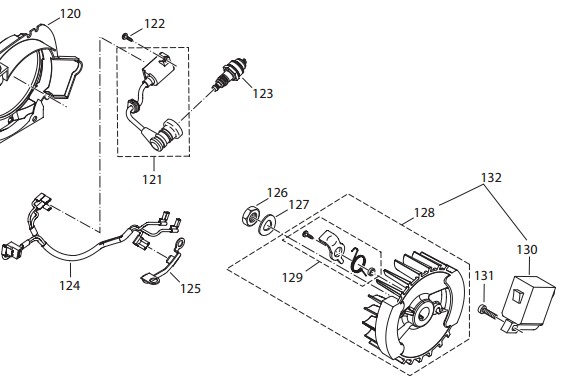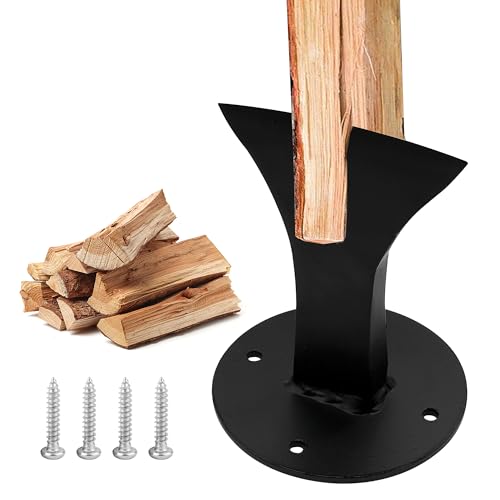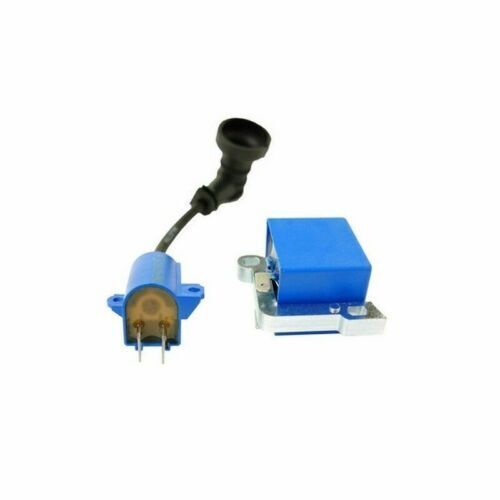HansFranz
Addicted to ArboristSite
My Dolmar PS-3410TH has weak or absent spark. Replaced spark plug, nogo. Took switch out of the circuit, nogo. Most of the time it won't fire at all (I pulled plug and tested), but occasionally I can get it to start for maybe a quarter of a second, then it quits. (This is always with a cold saw, since I haven't had it running for longer than 1/4 second in months.)
The parts diagram shows two items labeled "ignition coil" -- items #121 and #130 in diagram below.

These parts are all-but-unavailable online ... although you can get "both" for $110 from an ebayer in Estonia.
Before I waste $110+ on parts I don't need for a 17-year-old saw, is there a way I can test these coils with a multimeter?
I searched "how to test a chainsaw coil" online, but all I'm finding is copypasta gibberish and AI GIGO.
Thanks in advance for any clues.
The parts diagram shows two items labeled "ignition coil" -- items #121 and #130 in diagram below.

These parts are all-but-unavailable online ... although you can get "both" for $110 from an ebayer in Estonia.
Before I waste $110+ on parts I don't need for a 17-year-old saw, is there a way I can test these coils with a multimeter?
I searched "how to test a chainsaw coil" online, but all I'm finding is copypasta gibberish and AI GIGO.
Thanks in advance for any clues.
























































